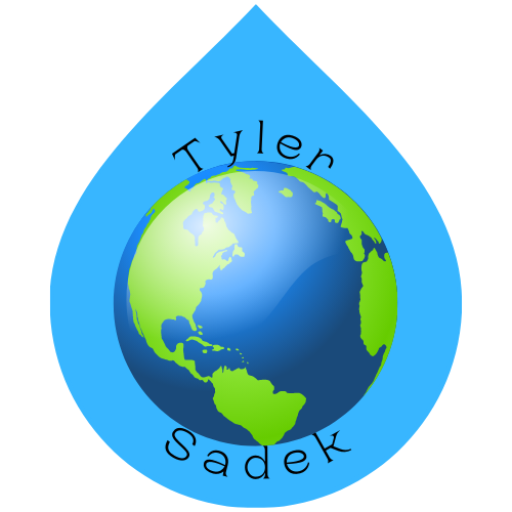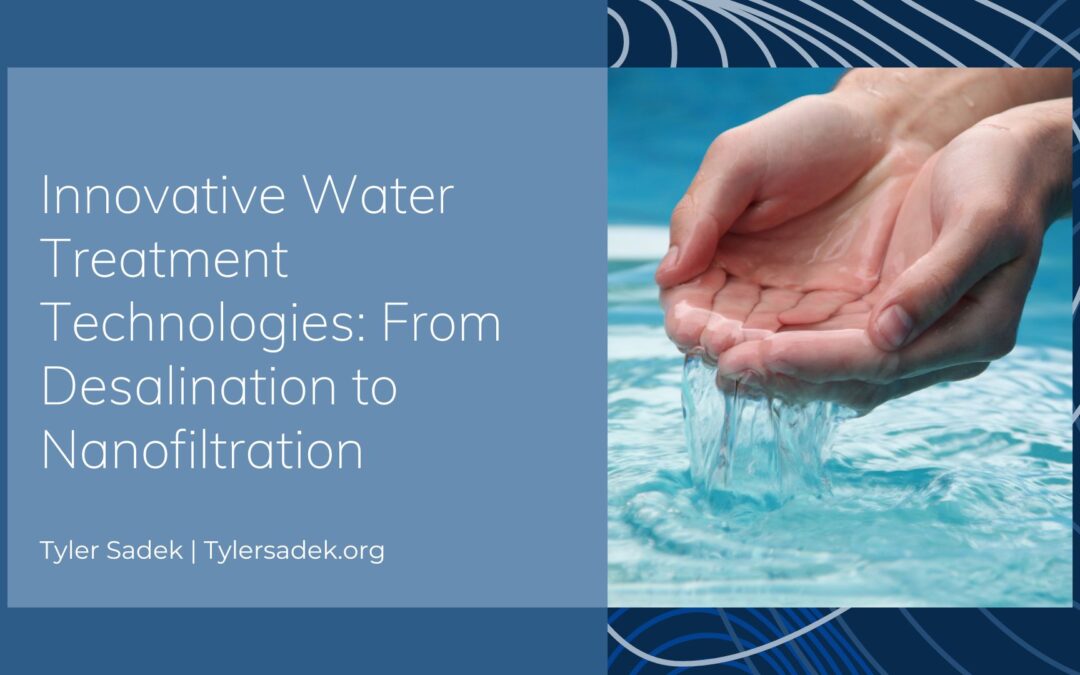Access to clean and safe water is essential for human health and well-being, but unfortunately, many areas of the world continue to lack access to this precious resource. As the global population grows and water resources become increasingly scarce, innovative water treatment technologies are becoming more critical to ensure access to clean water for all.
Desalination
Desalination removes salt and other minerals from seawater or brackish water to make it suitable for human consumption. While desalination has been used for many years, recent technological advancements have made the process more efficient and cost-effective. One of the most innovative desalination technologies is reverse osmosis, which uses a semi-permeable membrane to remove salt and other impurities from water. This technology has become increasingly popular in areas with scarce water resources, such as the Middle East.
Nanofiltration
Nanofiltration is a water treatment technology that uses membranes with smaller pore sizes than those used in reverse osmosis. This allows for removing smaller particles and ions, such as viruses and bacteria. Nanofiltration is particularly effective in removing contaminants from groundwater, such as arsenic and fluoride.
Ozone Treatment
Ozone treatment is a water purification process involving ozone gas to destroy microorganisms and remove organic and inorganic contaminants. Ozone is a powerful oxidizing agent that eliminates bacteria, viruses, and other pathogens. Ozone treatment is often used with other water treatment technologies, such as filtration and reverse osmosis.
Membrane Bioreactors
Membrane bioreactors are a combination of biological treatment and membrane filtration technologies. They use microorganisms to break down organic matter in wastewater and filter it through a membrane to remove impurities. This technology is instrumental in treating wastewater from small communities and industries.
Constructed Wetlands
Constructed wetlands are a natural and sustainable water treatment technology that uses wetland plants to remove contaminants from wastewater. The plants absorb and break down pollutants through a process called phytoremediation. Constructed wetlands are low-cost, environmentally friendly, and can treat wastewater from small communities and industries.
Solar Still Technology
Solar still technology is a low-cost and sustainable water treatment technology that uses solar energy to purify water. This technology involves using a solar still that captures and concentrates sunlight to evaporate water and leave contaminants behind. The purified water is then condensed and collected for use.
Innovative water treatment technologies are crucial in addressing the global water crisis. From desalination to nanofiltration, these technologies have the potential to provide clean and safe water to communities around the world. However, ensuring these technologies are sustainable, cost-effective, and environmentally friendly is essential. Investing in innovative water treatment technologies ensures that future generations can access clean and safe water.

